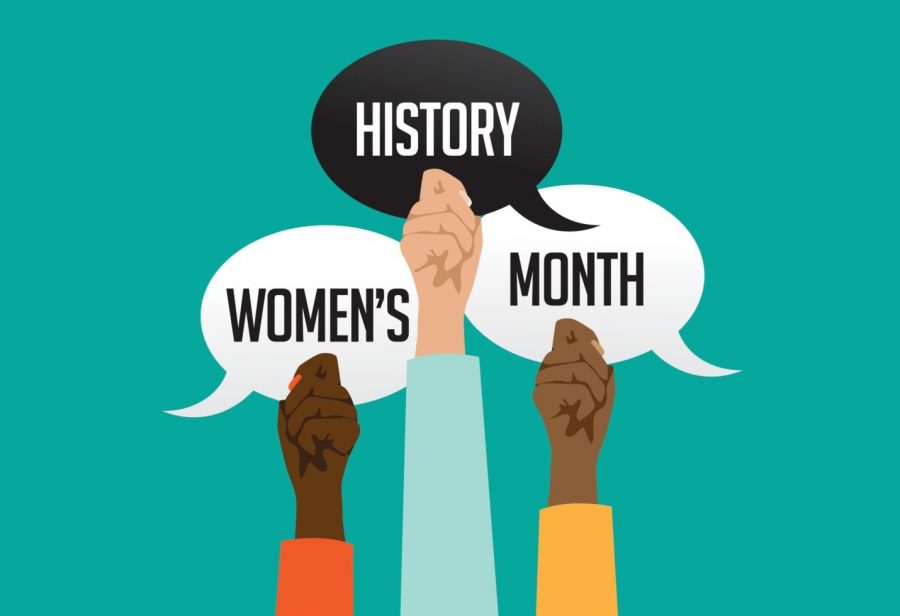Celebrating Women’s History
During the month of March, we celebrate and highlight the contributions of women to events and society throughout history
Women’s History Month is dedicated to reflecting on the often overlooked contributions of women to United States history. The timeline of Women’s milestones stretches back to even the founding of the United States. Women’s History Month serves as a celebration of the achievements of prominent women in history; including Abigail Adams, Sojourner Truth, Rosa Parks, and many more.
The celebration of Women’s History Month first expanded from an original week-long celebration of women’s contributions to culture, history, and society. The week was organized by the school district of Sonoma, California, in 1978, where presentations were given at dozens of schools, hundreds of students participated in a “Real Woman” essay contest, and a parade was held in downtown Santa Rosa.
A few years later, the idea had caught on within communities, school districts, and organizations nationally. In 1980, President Jimmy Carter issued the first presidential proclamation, declaring the week of March 8 as National Women’s History Week. The U.S. Congress followed suit the next year, passing a resolution to establish a national celebration. Six years later, the National Women’s History Project successfully petitioned Congress to expand the events throughout the entire month of March.
We celebrate Women’s History Month to remind ourselves of the accomplishments of women throughout the years in our society. From science to politics, Women’s History Month gives us a chance to reflect on the trailblazing women who led the way for change.
Far too often, the heroic efforts of women and their stories have gone untold — especially the millions of Black women, immigrant women, and others from diverse communities who have strengthened America across every generation. This is why the celebration of the women in our country, ALL women, is so incredibly important.
While battling the Global crisis brought on by COVID-19, women continue to lead. From public health officials to vaccine researchers and the countless heros on the frontlines, women are working around the clock to defeat COVID-19. Women, particularly women of color, also make up the majority of America’s essential workers. This would include the hundreds of thousands of child care providers, educators, farmworkers, grocery store workers, and others who are keeping our families, our communities, and our country’s head above water. This year in particular has also marked a historic milestone of women’s leadership that was 232 years in the making: the inauguration of America’s first woman Vice President, Kamala Harris.
The month of March allows us to honor the accomplished and introperspective women who helped build our country, including those whose contributions have not been appropriately recognized and celebrated.


